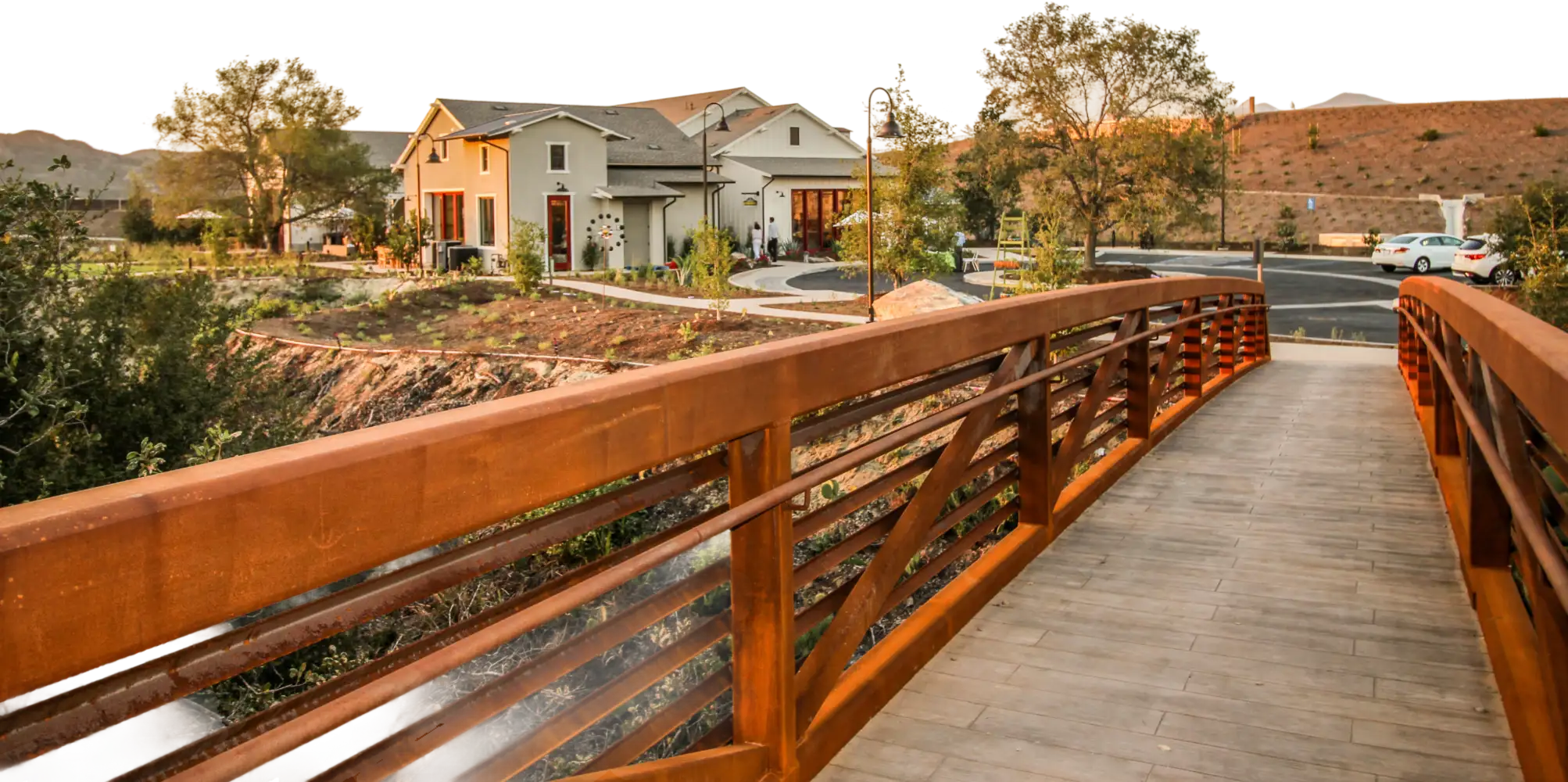
%20(1).avif)
Get in Touch
Reach out for more information about broadband strategies that support economic growth and connected communities.
Contact Us
We welcome hearing from you.
FAQs
Find answers to frequently asked questions about Broadband. If you have specific needs, please don't hesitate to contact our team directly.
What is a Gigabit Community?
A Gigabit Community is a residential or mixed-use development where every home or business is connected to a fiber-optic network capable of delivering symmetrical internet speeds of 1 Gbps or higher. These communities are designed for future-proof connectivity, supporting smart home technologies, telehealth, remote work, and future technological innovations.
Why should a developer proactively plan for connectivity as an amenity?
At a time when the importance of connectivity has never been clearer, leading developers are taking an active role in ensuring communities are designed with high-performance wired and wireless broadband as a foundational cornerstone.
Just as parks, trails, and open spaces are planned to enrich daily life, integrating fiber and cellular infrastructure into the land plan not only increases property value but also establishes a future-ready foundation, with the capacity to support the evolving technologies and digital services that residents and businesses will increasingly rely on.
What are the benefits of a bulk fiber agreement for residents at a Master Planned Community?
A bulk agreement introduces communitywide competition upfront, offering one provider 100% of the addressable market, materially changing the math to encourage advanced infrastructure investments that can materially shift the connectivity trajectory of the community.
The upfront competitive process platform typically introduces service offerings definitions and pricing that is significantly more favorable than what might be offered under a standard retail offering.
If a developer can secure network investments that offer excellent performance at lower end-user costs than could be achieved through traditional market “competition,” everyone wins.
How does The Broadband Group support community-owned broadband initiatives?
At our core, The Broadband Group is an education firm, advising business and government leaders on the metrics of the broadband industry, empowering them to move forward with investments or industry partnerships with confidence.
With our deep industry perspective and decades of experience, we bring clarity to the business, technical, financial and operational priorities of the broadband industry, while identifying the nuanced factors that drive sustainable investments in wired and wireless connectivity.
Why Fiber? Aren’t we living in an increasingly wireless world?
Fiber is the essential backbone of high quality wireless, both cellular and Wi-Fi. Delivering reliable, high-performance coverage and next-generation speeds (e.g., 5G, 6G) requires significantly more fiber than previous network technologies.
Macro cellular towers and small cells rely on fiber wires to deliver the signal that is then broadcast wirelessly throughout the community. This connection, referred to as backhaul, is a critical component of a strong wireless signal.
5G wireless is not a replacement for fiber; wired and wireless are complementary technologies. The more fiber integrated into a network, the better positioned a region is to realize the benefits of advanced wireless services.
If a utility, coop, city, or development chooses to deploy a fiber network, how does The Broadband Group ensure quality during network construction?
TBG Network Services, a wholly owned subsidiary of The Broadband Group, conducts QA/QC inspections at multiple stages of construction. Early inspections help identify and correct issues before fiber installation, reducing rework and long-term maintenance costs. Real-time tracking tools are also used to monitor progress and defect resolution.
How can I get involved or learn more?
If you're a community leader, utility, cooperative, or developer interested in broadband expansion, contact The Broadband Group at www.broadbandgroup.com or reach out to your project liaison.
